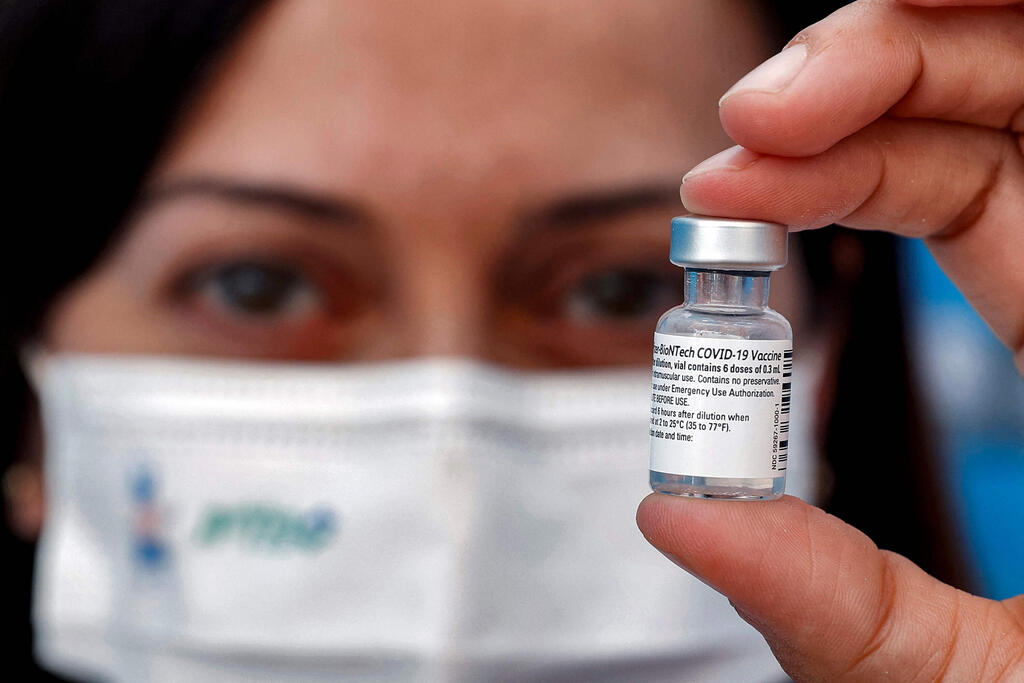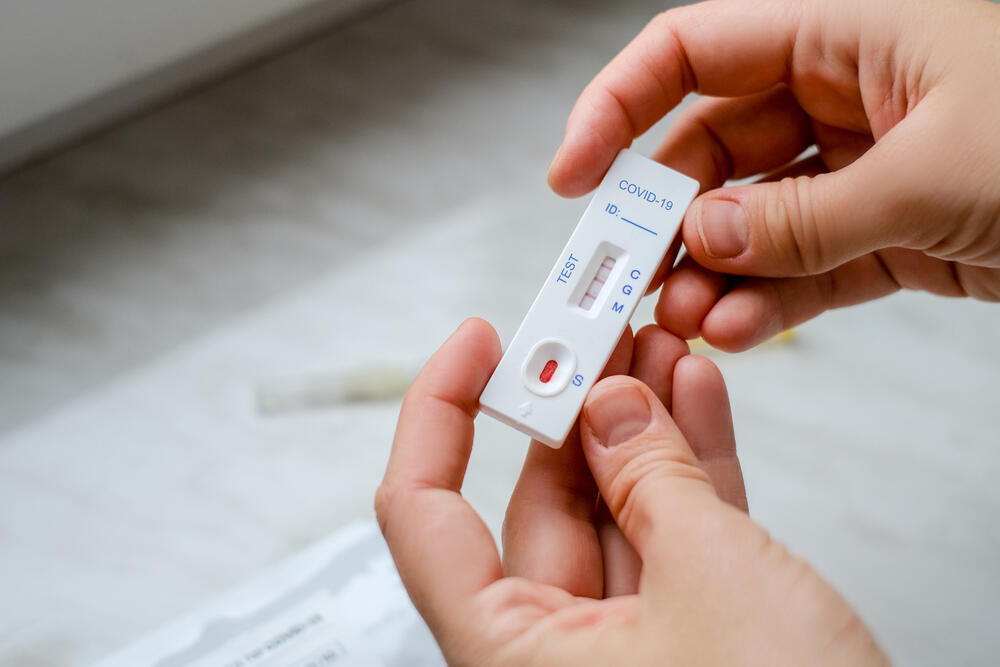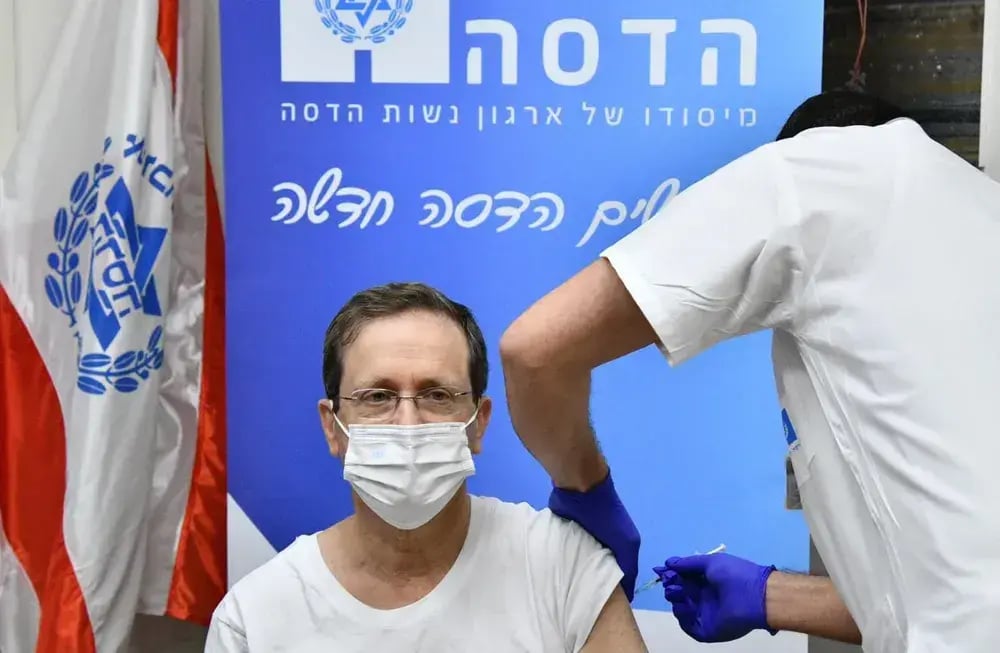Getting your Trinity Audio player ready...
COVID-19 has abandoned the world population's collective consciousness quite a while ago, but if there's one thing that we can't take away from this pandemic - It's persistent.
NEW COVID-19 VARIANT DETECTED IN ISRAEL, DENMARK AND US
Read more:
The World Health Organization (WHO) is actively observing a recently identified COVID-19 variant, BA.2.86, dubbed "Pirola" discovered by Israeli scientists. Outside of Israel, its emergence has been detected in the United States, the United Kingdom and Denmark.
Designated as a Variant Under Monitoring (VUM), BA.2.86 has garnered this categorization due to its substantial accumulation of mutations. WHO employs three distinct classifications for COVID-19 variants: Variant Under Monitoring (VUM), Variant of Interest (VOI), and Variant of Concern (VOC).
So... should we worry?
At the moment, it's somewhat unclear. Many medical experts hypothesize that if you either got the shots or have contracted any strain of COVID-19 in the past, your body has probably built up the required immunity memory to remain safe. The WHO said more testing is required before being able to ascertain just how careful we need to be.
Francois Balloux, a professor specializing in computational systems biology at University College London, concurred that the focus on this matter was indeed justified. "BA.2.86 is the most striking SARS-CoV-2 strain the world has witnessed since the emergence of Omicron," he said. "Over the coming weeks we will see how well BA.2.86 will be faring relative to other Omicron subvariants.
"Even in the worst case scenario where BA.2.86 caused a major new wave of cases, we are not expecting to witness comparable levels of severe disease and death than we did earlier in the pandemic when the Alpha, Delta or Omicron variants spread. Most people on Earth have now been vaccinated and/or infected by the virus.
"Even if people get re-infected by BA.2.86, immune memory will still allow their immune system to kick in and control the infection far more effectively."
3 View gallery


A medic holds up a vial of the Pfizer-BioNTech COVID-19 coronavirus vaccine
(Photo: AFP )
Professor Cyrille Cohen, head of immunology at the Bar Ilan University said that every variant circulating around the world will be detected in Israel as well.
There are two variants that we are monitoring closely. The first one, known as Eris, was identified a few weeks ago, and we can see that it's gaining ground rapidly. It's becoming the dominant variant in several countries, and here, it's been detected in about a quarter of the cases," Professor Cohen said.
"The second variant was identified in recent days and immediately caught the attention of the World Health Organization. It concerns us because it has around 36 mutations, which is quite a lot. It's reminiscent of the leap that occurred from the Delta period to the Omicron period. Suddenly, there's a variant that we don't yet understand well, as we don't know what it's capable of doing. However, we need to stay calm and acknowledge that there's currently no evidence that it causes severe illness. On the other hand, many mutations always provide an opportunity to evade the immune system."
Prof. Dror Mevorach, head of Hadassah Hospital Ein Kerem's Internal Medicine B Department, said different variations of COVID-19 act relatively similar to one another, but in the lion's share of cases, when a person's immune system is healthy and strong, symptoms are mostly light.
"The new vaccines coming to Israel will be specifically designed to address the new variants. High-risk groups, including older adults, immunocompromised individuals, and those with underlying health conditions, will likely be advised to receive these vaccines alongside their flu shots. For the general population, there is currently less worry, as generally, healthy individuals tend to cope well with the milder aspects of COVID-19."






